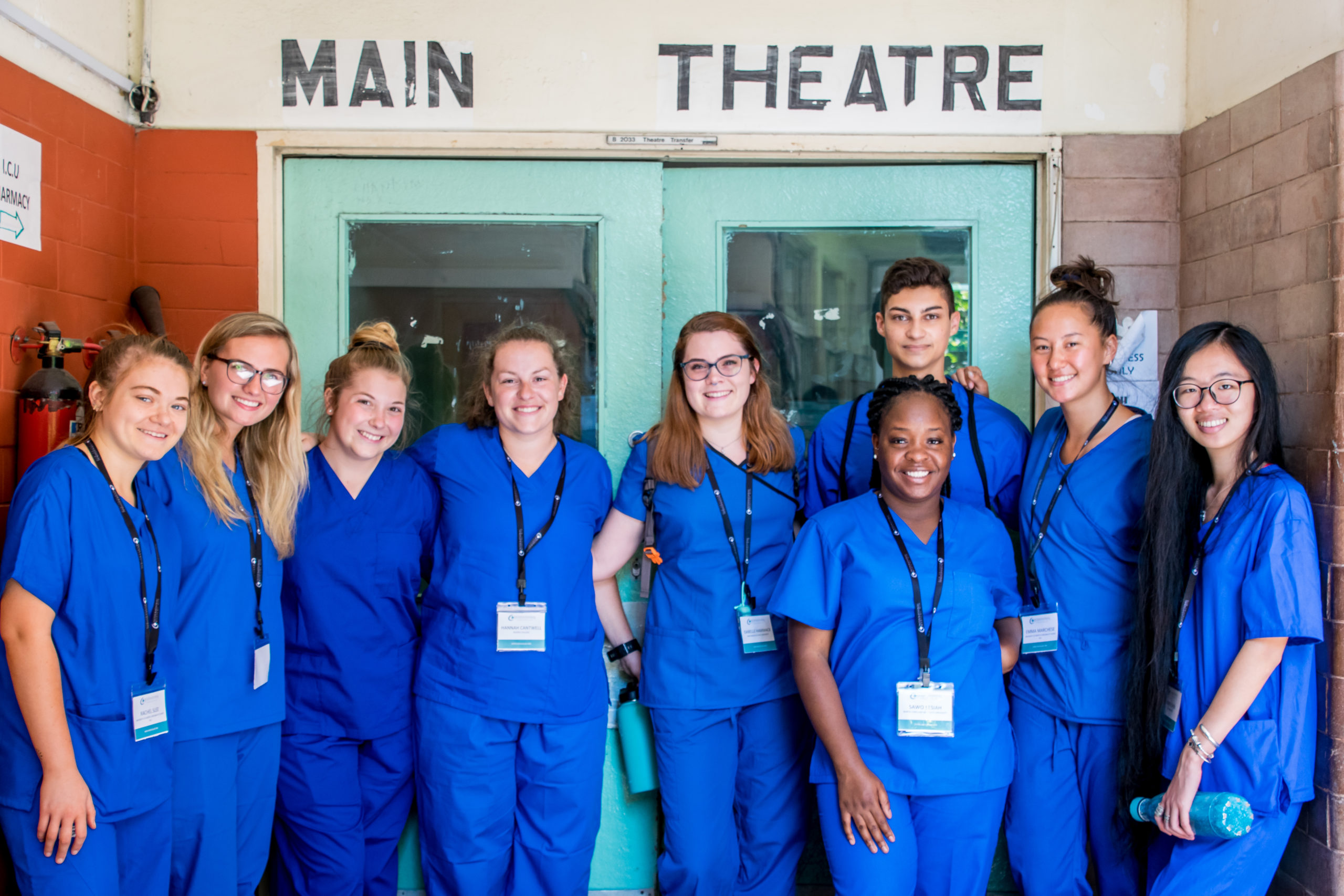Food science is the study of food’s biological, chemical, and physical makeup. This field also covers the concepts involved in food processing and the causes of food decay. A food scientist may come up with ways to preserve, pack, and store food items according to government or industry specifications.
On the other hand, nutrition is the study of food nutrients, how the body absorbs these nutrients, and the interrelationship between health, disease, and diet. Nutritionists help individuals choose proper diets to reduce their risks of getting certain diseases. They also help individuals to know how allergies work and the effect of taking too much or too little of a particular nutrient.
As a student taking a course in food science and nutrition, you have quite a variety of job opportunities once you graduate. But before that, you’ll want to complete an internship program to help increase your employability.
Internship for Food Science and Nutrition Students
An internship primarily enables you to get on-the-job experience. It’s an excellent way to fortify the theoretical concepts you learned in class with real-life and practical activities. As a food science and nutrition student, you can consider applying for International Medical Aid’s Nutrition/Dietetic Internship Program.
As an IMA intern, you can work in regions such as East Africa, the Caribbean, and South America. These regions have numerous people in urgent need of healthcare assistance. This will enable you to gain valuable exposure to the various dynamics of food science and nutrition. What’s more, you’re guaranteed of getting orientation and training, 24/7 US and local country support, gated housing, travel, accident and health insurance, chef-prepared meals, and unlimited Wi-Fi access.
Such an internship program is beneficial in the following ways:
- It helps you gain valuable experience on the kind of work you’ll be doing once you graduate.
- It enables you to refine your communication skills and develop even more workplace-related competencies.
- It boosts your confidence in handling patients from various backgrounds and collaborating with colleagues.
- It helps you network with numerous industry professionals who can help you later when you start job-hunting.
That said, here are five jobs you can land after successfully completing your Food Science and Nutrition Course:
1. Nutritionist
One lucrative career path is to work as a nutritionist in a hospital or your private practice. You’ll be expected to help patients adjust their diets to improve their physical well-being. You’ll most probably be involved with people struggling with obesity and weight loss.
According to the Centers for Disease Control and Prevention (CDC), there was an increase of 13.9% to 19.3% between 1999 and 2018 among children with obesity aged 2–19 years. Severe obesity among this age group has also been on the upward trend since it shifted from 3.6% to 6.1%. Thus, your help is much needed.
Accordingly, you’re expected to help such individuals create realistic and sustainable eating plans to help them overcome obesity. You can teach them new ways to understand and eat food using your knowledge in food science. This is a long-term solution that enables the obese patients to tackle the root of the problem. It’s better than recommending quick fixes, detoxes, or crash diets. These are other responsibilities that you’ll have as a nutritionist:
- Developing patients’ educational resources
- Evaluating the health needs of patients
- Monitoring the progress of patients
2. Food Scientist
You can also work as a food scientist in organizations, such as the Institute of Food Technologies (ITF) or other similar ones. You’ll be required to research ways to improve the current methods of processing and packaging food. You’ll also be involved in:
- studying the nutritional content of food,
- researching alternative food sources, and
- crafting new ways to make foods with additives pure.
While carrying out these duties, you should be aware of and follow government regulations on the proper procedures of food processing. An example is maintaining health and safety standards so that the food is fit to be used by consumers.
The average annual salary that food scientists get in the United States is approximately $66,514. Thus, working as a food scientist can be a lucrative career for you.
3. Nutrition Services Manager
Institutions of higher learning rely on nutrition service managers to coordinate and plan the delivery of healthy meals on a large scale. As the overall head, you’ll be required to oversee and coordinate the following:
- Managing the budget
- Planning menus
- Overseeing food preparation
- Procuring supplies
4. Nutrition Assistant
In a nursing home, a nutrition assistant is required to prepare food, take food to the patients, and ensure they’ve received proper nourishment. You’ll be required to talk to patients and know their food preferences, report any diet issues to the dietician or overall supervisor, and record the amount that the patient ate.
Here are some more typical duties of a nutrition assistant:
- Determining patients’ nutritional needs
- Ensuring proper sterilization of utensils and plates
- Observing if a patient has signs of diet-related complications
Conclusion
After pursuing a food science and nutrition degree, you can work as a food scientist or nutritionist. You can get these job opportunities in government facilities, schools, hospitals, nursing homes, and institutions of higher learning. But to increase your employability, you’ll want to enroll in a reliable internship program and gain vast hands-on experience. Thereafter, you can apply your skills to help people from all walks of life with their daily nutrition needs.




